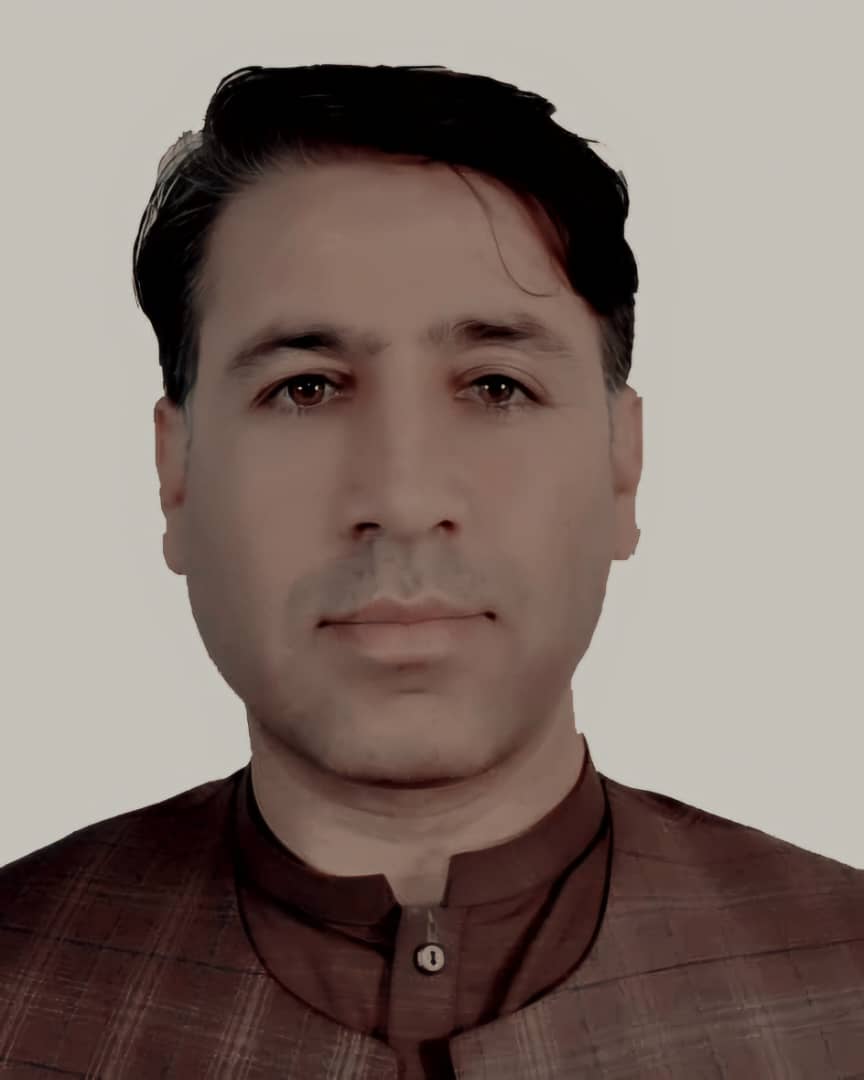
Faculty of Computer Science
Faculty of Computer Science was established in 2011 and it has been engaged in promoting education and research in the fast growing field of software technology to produce computer science specialists and meet the global challenges. CS Faculty is the youngest, but the most dynamic faculty in SALAM. Offering state of the art education in the most advanced fields of the world, it has grown exponentially since its establishment.
Computer Science Faulty offers three different degree programs which are fully credit based. Students are required to complete at least 143 credits in order to obtain any of the offer Bachelor degrees.
The present era belongs to Computer Science. We are well aware of the rapid developments in this ever advancing field. We ensure and facilitate our students to get best education in this field. Good and energetic faculty is the corner stone of our program. CS curriculum has been designed as per the national and international needs of the time and it is regularly updated according to needs of modern technology and on the lines of Ministry of Higher Education of Afghanistan. After completion of this degree, students will be able to tackle the challenges of the very exciting and fast growing field in 21st century with full confidence.
Students of this program will help to strengthen research projects in core computer science areas and bring new ideas for establishing independent businesses that shall contribute towards the economy of the country.
Existing Career areas
Web Programming
Web Designing
Desktop Application Development
Artificial Intelligence
Database Development
Database Security Analysis
System Administration
Network Engineering
Network maintenance Analysis
Network Security Specialization.
Objectives of Computer Science Faculty
The Faculty of Computer Science has the following objectives:
1- Determining Specific sections for doing research.
2- Hiring new professional lecturers in new subjects.
3- Enhancing the relationship with the University administration to explain the goals and aspirations of the Faculty.
4- Making more efforts to engage students in research projects related to their specialty and field of study.
5- Strengthening academic relations with domestic and foreign companies and institutions to support students for internships and provide them with job opportunities.
6- Reviewing the curriculum of various academic programs of the faculty, omitting topics that have lost their effectiveness, and adding topics that the job market requires.
7- Making efforts to provide students with more scholarships.
8- Presenting the most eligible and qualified computer engineers to the community.
Mr. Zarmash Gardiwal is a Dean, Faculty of Computer Science at SALAM University. He is a graduate of Computer Science from Nangarhar University in 2013 and holds MS in Information Security from Riphah International University, Islamabad.
Zarmash Gardiwal
Cell: +93 77 240 30 11
Email: cs.dean@salam.edu.af
Zarmash29@gmail.com
Vision
Faculty of Computer Science wants to be recognized as a national level quality academic and research-oriented computing center, and to educate industry aligned students with technical capabilities for the growth of our country.
Mission
Computer Science Faculty is keen to solve computing problems of the society through research and experiment by qualified faculties and trained students. Providing quality education which can develop capabilities of the students both in application and theoretical aspects, who will contribute positively to the economic well-being of our region and to develop systems that solve problems on national level in technology.
This is CS Faculty brochure
Computer Science Department
The Computer Science Department has been operating for ten years. The curriculum of this Department has 143 credits, 17 to 21 of which are taught in each semester. The Computer Science Department also consists of an Academic Council which works directly under the supervision of the dean of the Faculty and the head of the Department to update the contents of the curriculum, boost the level of teaching, resolve the students' problems and make fundamental decisions about the Faculty. In addition, Academic Council has the authority to change the contents of the curriculum, add necessary and essential new topics and omit unnecessary ones. The subjects that are taught selectively in the seventh and eighth semesters are selected by the mentioned Council and new topics are added to it due to the need for new technology.
Information Technology Department
The Information Technology Department has been operating for ten years. The curriculum of this Department has 143 credits, 17 to 21 credits of which are taught per semester. In addition, the Information Technology Department consists of an Academic Council which works directly under the supervision of the Dean of the Faculty and the Head of the Department to update the contents of the curriculum, increase the level of teaching, reach the students' problems and make essential decisions about the Faculty. Also, the Council has the authority to change the contents of the curriculum, add new necessary topics and remove unnecessary ones. Moreover, the subjects which are taught selectively in the seventh and eighth semesters are selected by the same council and new topics are added to it due to the need for new technology.
Software Engineer Department
The Software Engineering Department has been operating for ten years. The curriculum of this department has 143 credits, 17 to 21 credits of which are taught in each semester. In addition, the Software Engineering Department consists of an Academic Council which works directly under the supervision of the Dean of the Faculty and the Head of the Department to update the contents of the curriculum, boost the level of teaching, resolve the students’ problems and make fundamental decisions about the faculty. Moreover, it has the authority to change the contents of the curriculum, add new necessary topics to it and eliminate unnecessary ones.
| File | Description | Action |
|---|---|---|
|
|
HOD OF COMPUTER SEINCE | Download |